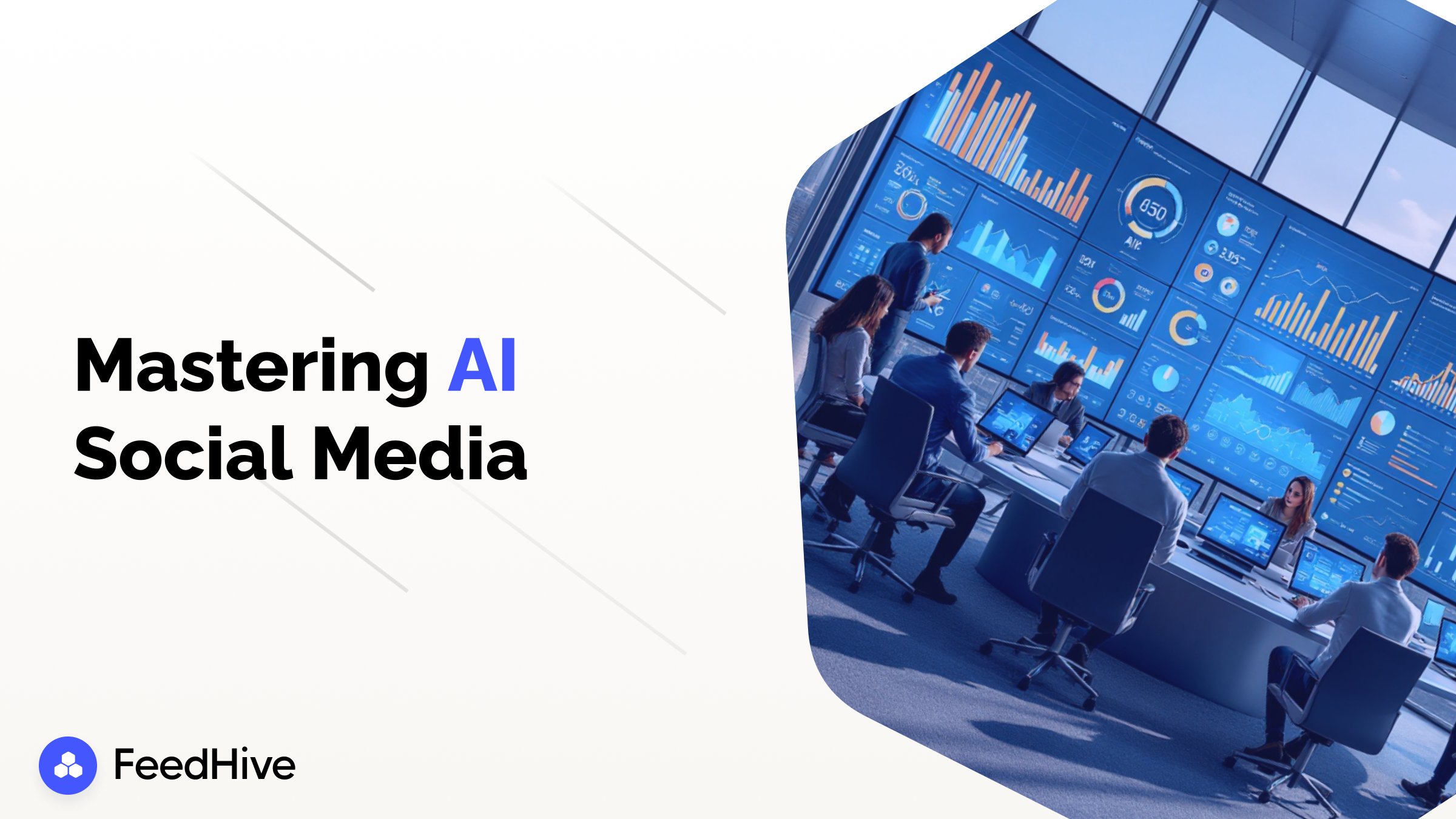
Artificial intelligence has rapidly reshaped the way brands and consumers interact on social platforms. Marketers today face a dynamic environment where smart algorithms, real-time analytics, and personalized content experiences drive engagement and growth. Let’s dive deep into how these cutting-edge advancements are enabling a transformation in the social media landscape, and what steps you can take to stay ahead.
Over the last few years, social media platforms have shifted from static bulletin boards to interactive, data-driven hubs fueled by AI. These platforms now leverage sophisticated algorithms to study user behavior, analyze engagement patterns, and deliver tailored content. This evolution has not only enhanced user experience but also provided marketers with a more precise and efficient way to reach target audiences.
AI is at the heart of this transformation, empowering platforms to:
This integration of AI into social media isn’t just an upgrade—it’s a paradigm shift in how digital marketing strategies are formulated and executed.
The application of AI in social media has reinvigorated the way consumers engage with content. AI-driven personalization means that every user’s feed is uniquely tailored, increasing the likelihood of engagement and conversion. For example:
This dynamic shift in interactions has led to more engaging and satisfying consumer experiences, which in turn translates to stronger brand loyalty and a competitive edge in digital marketing.
Several advanced AI technologies are at work behind the scenes of modern social media platforms. Understanding these technologies can help marketers optimize their strategies:
AI-Driven Content Personalization: The algorithms analyze vast amounts of data to present content that aligns with individual tastes. This drives both engagement and retention.
Predictive Analytics: By scrutinizing user behavior trends and patterns, AI tools forecast future trends and enable marketers to adjust their strategies accordingly. Insights from Toxigon illustrate how predictive analytics leads to data-informed decisions.
Social Listening and Sentiment Analysis: AI tools monitor online conversations and analyze the sentiment behind them using natural language processing (NLP). This technology helps brands respond promptly to customer feedback and adjust marketing strategies on the fly. More details on these capabilities can be found at Pontus DigiMark.
Enhanced Targeting for Advertising: AI examines user demographics, interests, and behaviors to create hyper-personalized ad campaigns, ensuring that the right message reaches the right people at the right time.
These technologies collectively empower marketers to craft more integrated, relevant, and impactful strategies that resonate with modern audiences.
Consumers today expect immediate, relevant, and personalized digital experiences. With AI's ability to analyze individual user data:
Tailored Experiences: Users enjoy feeds and recommendations that mirror their interests and habits, making the browsing experience more engaging.
Real-Time Interactions: The incorporation of AI-driven chatbots means that brands can provide 24/7 customer support, resulting in heightened satisfaction and increased brand loyalty.
Advanced Advertising: As AI enhances targeting capabilities, consumers see ads that are more deeply aligned with their interests, reducing ad fatigue and increasing relevance.
These shifts in consumer behavior mean that brands must be agile in adapting their strategies to meet elevated expectations. AI isn’t just a tool for automation; it’s reshaping user interactions and setting new benchmarks for engagement in the digital space.
To thrive in this evolving landscape, marketers need strategies that leverage AI's power to transform their social media efforts. Here are some actionable insights:
By adopting these strategies, marketers can ensure not only improved efficiency but also sustained consumer engagement—even in a rapidly changing digital landscape.
Several brands have already set the benchmark by seamlessly integrating AI into their social media marketing strategies:
These examples highlight the tangible benefits of using AI to not only improve engagement but also optimize resource allocation and drive measurable growth.
Looking ahead, AI is poised to become an even more integral part of social media marketing. Future trends include:
These trends suggest that businesses that stay ahead of the curve—by continuously integrating and optimizing AI technologies—will lead the future of digital marketing.
The rise of AI-driven social media platforms marks a revolutionary shift in digital marketing. By understanding and leveraging AI technologies—from content personalization and predictive analytics to advanced customer engagement—marketers can craft strategies that resonate with today’s consumers and shape the future of online engagement. As the digital landscape continues to evolve, embracing these AI advancements is not just an option but a necessity for sustained growth and competitive success.